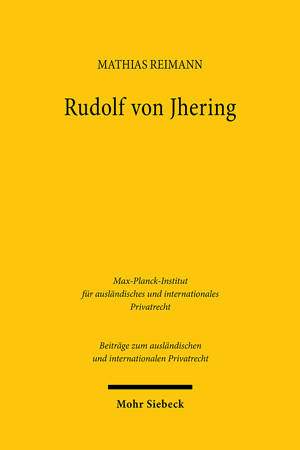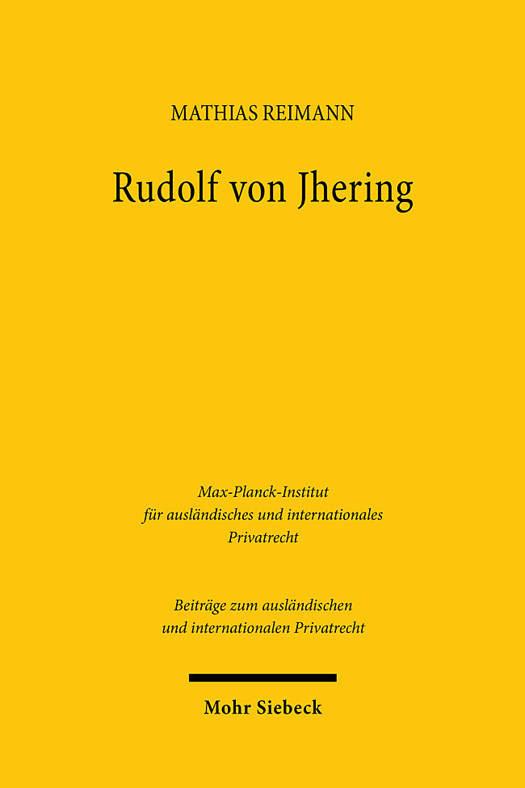
- Afhalen na 1 uur in een winkel met voorraad
- Gratis thuislevering in België vanaf € 30
- Ruim aanbod met 7 miljoen producten
- Afhalen na 1 uur in een winkel met voorraad
- Gratis thuislevering in België vanaf € 30
- Ruim aanbod met 7 miljoen producten
Zoeken
Omschrijving
Rudolf von Jhering (1818-1892) was one of the leading Roman lawyers in nineteenth century Germany and famously developed a sophisticated methodology for the "Begriffsjurisprudenz" (conceptual jurisprudence) of his time. At mid-career, however, he turned to a sociological and instrumentalist jurisprudence. His view of law as a product of social struggle and as a "means to an end" shaped twentieth century legal thought in Germany and beyond, especially in the United States. Jhering's work is marked by an extraordinary richness of ideas and perspectives but also by deeply-rooted tensions and contradictions. It raises fundamental questions about the law's historical contingency, its legitimacy and the ultimate meaning of justice.
Specificaties
Betrokkenen
- Auteur(s):
- Uitgeverij:
Inhoud
- Aantal bladzijden:
- 452
- Taal:
- Engels
- Reeks:
- Reeksnummer:
- nr. 146
Eigenschappen
- Productcode (EAN):
- 9783161640018
- Verschijningsdatum:
- 30/05/2025
- Uitvoering:
- Hardcover
- Formaat:
- Genaaid
- Afmetingen:
- 155 mm x 231 mm
- Gewicht:
- 762 g

Alleen bij Standaard Boekhandel
+ 336 punten op je klantenkaart van Standaard Boekhandel
Beoordelingen
We publiceren alleen reviews die voldoen aan de voorwaarden voor reviews. Bekijk onze voorwaarden voor reviews.











